|
Injecting ingenuity and creativity into the slasher film archetype, Happy Death Day's playful skewering of the superficial aspects of youth culture provides entertainment and narrative thrust, while the film unwinds its morality tale centered around a popularity sorority girl discovering her true sense of empathy and self-respect. While Happy Death Day may disappoint the most adamant horror aficionados when it comes to shocks and scares, the film's creative design, and playful demeanor, make it relatively enjoyable experience.
0 Comments
Featuring flashes of absurdity in its satirical take down of contemporary art, The Square is a thematically complex and beguiling experience which attempts to comprehend the fractured state of the world. This is the type of film which welcomes a plethora of interpretations, due to carrying a tone and structure that is abnormal to the average viewer, uninterested in adhering to typical expectations of the satire about art. The Square focuses on the further detachment created by modernity, asserting that the artificial sense of connection we've created is merely a deception, with society growing more and more pron to only inhabit their space, with the fractured nature of society making individuals untrustworthy and less empathetic to anone outside their own space. Poignant in its deconstruction of the complexities of our times, The Square is a reflection on the state of the world and civilization in the 21st century, recognizing that much of the hostility and detachment of humanity is fueled by power structures of ideology and authority. The Square is a poignant satirical drama reflecting our times, with the complexities and uncertainties for the future fueling the egocentric nature of oneself. The main character is a self-absorbed, self-important character, a man who is completely detached from the outside world, unbeknownst to him. His authority, due to having a position of power as an art curator for a major museum in Sweden, drives his growing detachment to humanity fueled by the high-brow demands of the art world. A character whose egocentric nature leads him to lose empathy for his fellow man, it's no coincidence that the filmmakers wait until well over half way through the film to reveal that he is a father to multiple daughters, subverting expectations. As a character we've only known him as an egocentric, self-absorbed archetype, yet now we are forced to view him through a paternal lens, one where selflessness and sacrifice are necessary for success. A biting satire that is comedic yet poignant, The Square is a plea for more empathy in modern times, acknowledging the complexities and overall difficulties associated with making changes to the aspects of modern society which it critiques.
Grotesque, vile, yet hopelessly transfixing, Sang-woo Lee's I Am Trash is a very uncomfortable experience, an angry film, which delivers a piercing portrait of masculinity run amok, telling the very uncomfortable story of a demented father and his three sons, each of which struggles, sometimes violently, with sexual dysfunction, due at least in part to their father's vile, sexual deviancy. Flipping the traditional Korean male ideal, one of strength and machismo, on its head, Sang-woo Lee's I Am Trash peers deep into the darker aspects of traditional masculinity, demonstrating the possessive nature in which machismo can manifest itself into, delivering a grim, albeit powerful statement to society.
Bristling with passion and creativity, Todd Haynes Wonderstruck is a narratively complex, thematically assured coming-of-age story, poignant in its uncynical exploration of the human condition. A children's story dealing with heavy themes related to connection, memory, and one's place, Wonderstruck manages to remain lighter in tone thanks to Todd Haynes' treatment of the material, an homage to the silent era of cinema, where the magic of image and sound were traditionally used to tell romanticized, sweeping stories of hope and optimism. Featuring source material which follows childhood runaways in search of something in New York City, Wonderstruck's silent era film treatment is revelatory, exuding ingenuity and a gleeful, childlike exuberance which is felt throughout the narrative's running time, selling this magical story of lost innocence, self-discovery, and hope with near perfect tonal balance between hardship and happiness.
Tackling the migrant crisis across the globe from a deeply humanistic perspective, Ai Weiwei's Human Flow is an empathetic, idealistic plea to humanity and civilization for a more empathetic perspective on the value of human life. Delivering a pretty convincing argument against nation states, Human Flow showcases the rigid, restrictive nature which governmental sanctioned borders have against the individual, an invisible division created by a coercive force, the government, which normalizes mistreatment of human-beings under the guise of citizenship. Intent on showing these migrants as individuals first and foremost, Human Flow as a documentary reveals how nationalistic designation is often unimportant or insignificant, revealing how politics and government itself often distort an individuals primal desires towards having a general sense of empathy and value for their fellow common man.
Lana Wilson's The Departure is an essential piece of documentary filmmaking, a film which manages to capture the paramount value of life itself through its deeply humanistic, honest portrait of suicide and depression. A poetic documentary profiling Ittetsu Nemota, a former problem-child-turned-Buddhist Priest in Japan, whom has made a career out of helping out those who struggle with depression and thoughts of suicide, The Departure is a film which tackles this tough subject through an existential, almost anthropological lens, exemplifying that the only true way to understand depression and suicide is through sympathizing with those who struggle with the coercive force of depression. Deeply revealing in its ability to be both intimate yet expansive in its study of existential dread and the longing us as individuals and human-beings will always have for "meaning", The Departure is as philosophically engaging as it is emotionally poignant, providing a powerful examination of humanism and our endless search for meaning and purpose in life.
Alex Lora & Antonio Tibaldi's They Father's Chair is an observational documentary which details the troubled lives of two Orthodox twin brothers, whom are hoarders and hermits, forced to accept an extensive cleaning of their home due to public health concerns. A nuanced portrait of two eccentric brothers, They Father's Chair encapsulates the psychological distress, anxiety, and torment this unhealthy attachment to trivial possession has over these two seemingly intelligent men, evoking an atmosphere of palpable distress and tension around this cleaning job. Through its observational, unintrusive approach, They Father's Chair slowly and organically learns details about these brother's past lives, revealing subtle insights into their past as it attempts to understand why these men are the way they are. A sense of loneliness and isolation envelopes the entire film, with Thy Father's Child using this several day cleaning detail to provide a piercing look into the lives of two men whom grown attached and dependent to the past.
Despite its narrative shortcomings and the miscasting of its two main characters, in particularly Dan DeHaan as the charming, playboy type character, Luc Besson's Valerian and the City of a Thousand Planets is what I personally want out of science fiction filmmaking, being a film thats primary assertion is rooted in escapism, with the filmmakers transporting the viewer into a fantastical world that is creative and singular. The leads themselves lack chemistry, and I couldn't help but thinking that slightly older leads would have served these characterizations better, yet Besson's typical playful nature when it comes to action/adventure elevates the ho-hum nature of the plot and narrative design, with the ingenuity of the world building alone making Valerian a film worth seeing for any fans of science fiction.
A nightmarish cautionary fable which views christian theology through the lens of Mexican culture, Macario is a rags-to-riches story which blends magical realism with Mexican folklore to deliver a poignant tale about the importance of selflessness, even in the face of adversity.
An unlikely friendship between Director Agnes Varda and photographer/muralist JR sparks this one-of-a-kind film, a travelogue of sorts which follows these two artists through the countryside of rural France, documenting the people they meet along the way. Playful and endearing, due in large part to Anges Varda's charm and empathetic soul, Faces and Places begins as a documentation and celebration of the eclectic people they meet along the way, slowly divulging into a existential meditation on friendship, art, and life itself, with the filmmaker herself, and her genuine kindness, serving as a powerful reminder of the need for more empathy in this world.
|
AuthorLove of all things cinema brought me here. Archives
June 2023
|


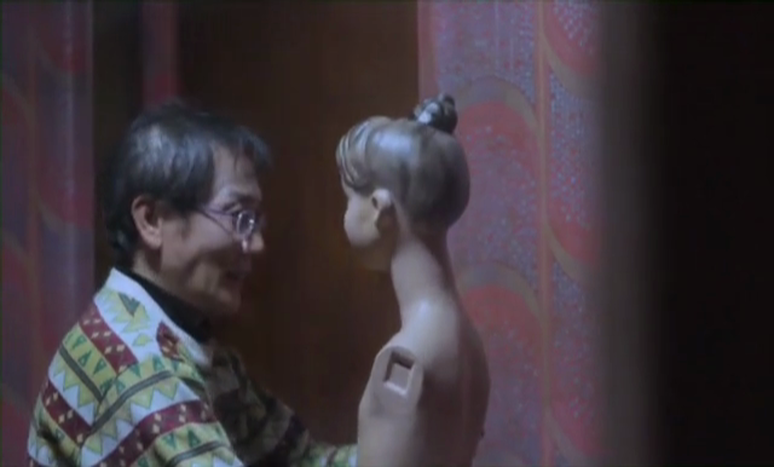
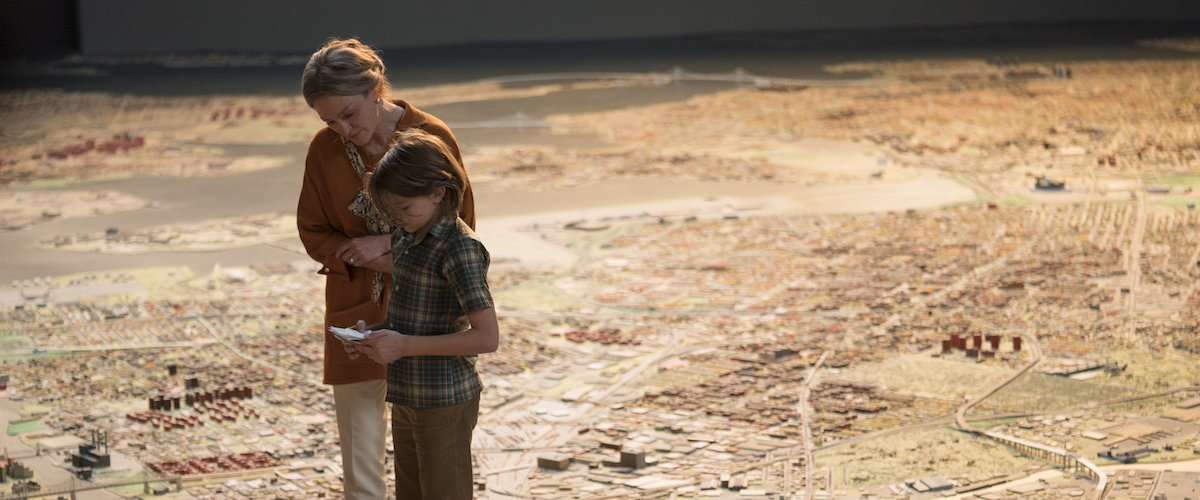

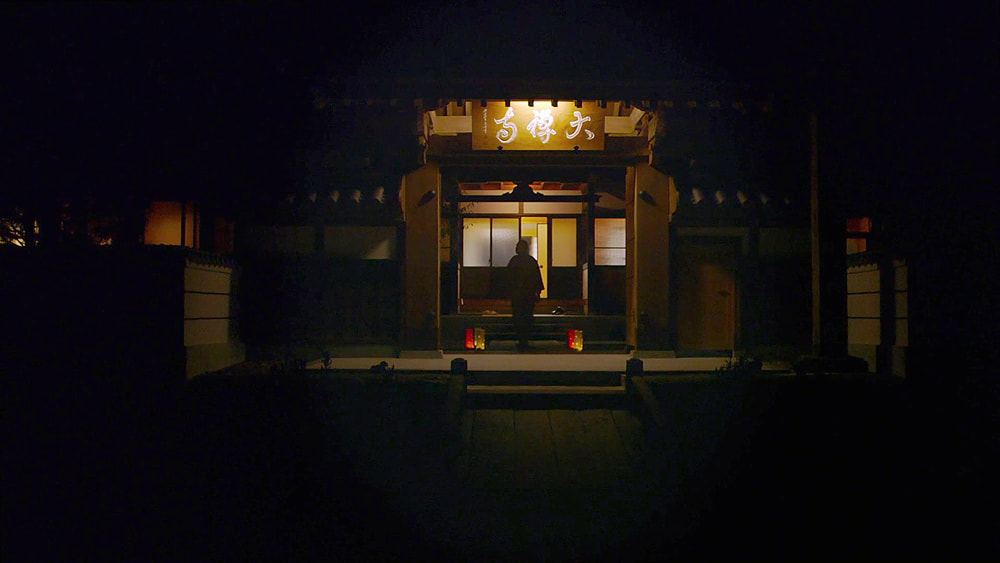
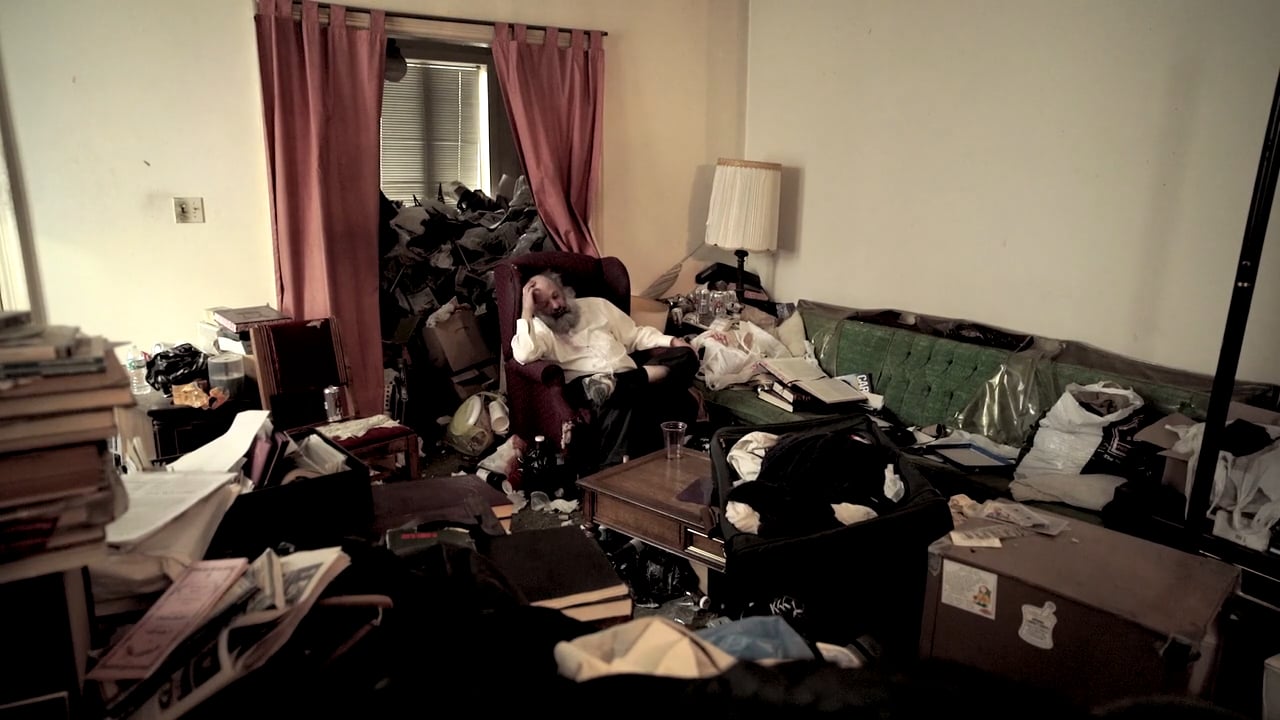
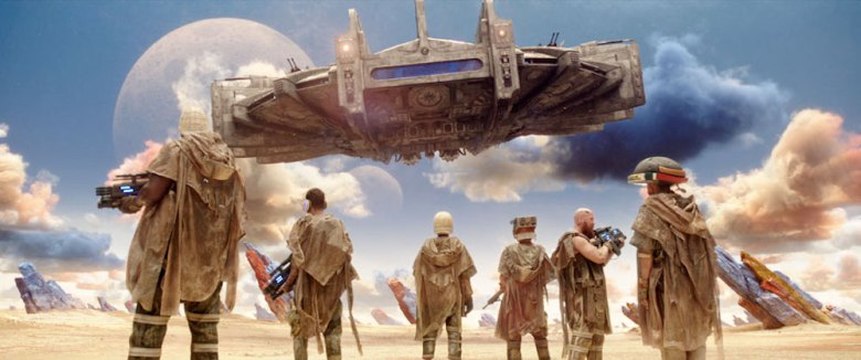
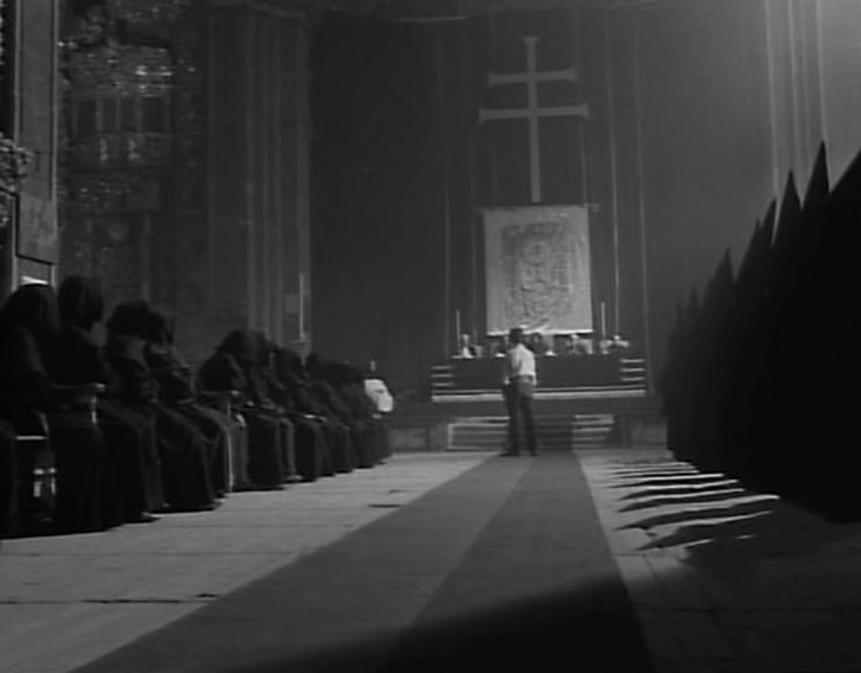

 RSS Feed
RSS Feed
